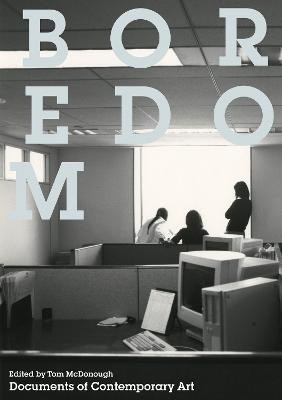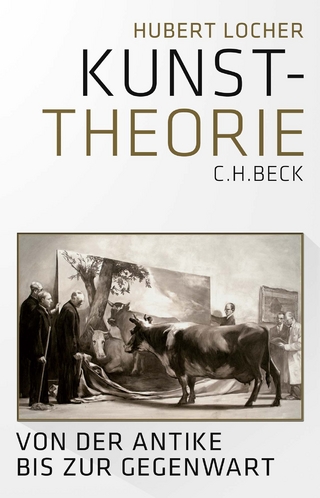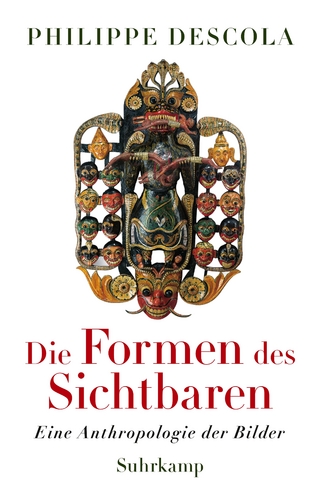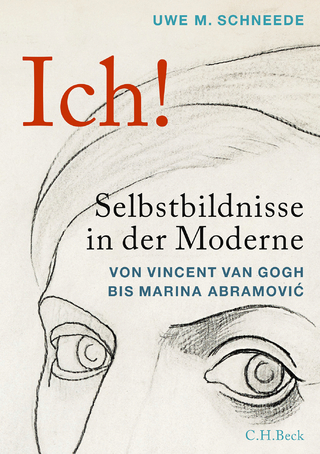
Boredom
Seiten
2017
MIT Press (Verlag)
978-0-262-53344-7 (ISBN)
MIT Press (Verlag)
978-0-262-53344-7 (ISBN)
Without boredom, arguably there is no modernity: the current sense of the word emerged simultaneously with industrialization, mass politics, and consumerism. From Manet onward, when art represents the everyday within modern life, encounters with tedium are inevitable. And from modernism's retreat into abstraction to subsequent demands placed on audiences from the late 1960s to the present, the viewer's endurance of repetition, slowness, or other forms of monotony has become an anticipated feature of gallery-going. In contemporary art, boredom is no longer viewed as a singular experience; rather, it is contingent on diverse social identifications and cultural positions, and extends from a malign condition to be struggled against, to an experience to be embraced or explored as a site of resistance.
Here, the range of boredoms associated with our neoliberal moment is contextualized in a long view which encompasses the political critique of boredom in 1960s France; the simultaneous aesthetic embrace in the USA of silence, repetition, or indifference in Fluxus, Pop, Minimalism, and conceptual art; the development of feminist diagnoses of malaise in art, performance and film; Punk's social critique and its influence on theories of the postmodern; and the recognition from the end of the 1980s of a specific form of ennui experienced in former communist states. Today, with the emergence of new forms of labor alienation and personal intrusion, deadening forces extend even further into subjective experience, making the divide between a critical and an aesthetic use of boredom ever more tenuous.
Here, the range of boredoms associated with our neoliberal moment is contextualized in a long view which encompasses the political critique of boredom in 1960s France; the simultaneous aesthetic embrace in the USA of silence, repetition, or indifference in Fluxus, Pop, Minimalism, and conceptual art; the development of feminist diagnoses of malaise in art, performance and film; Punk's social critique and its influence on theories of the postmodern; and the recognition from the end of the 1980s of a specific form of ennui experienced in former communist states. Today, with the emergence of new forms of labor alienation and personal intrusion, deadening forces extend even further into subjective experience, making the divide between a critical and an aesthetic use of boredom ever more tenuous.
Thomas F. McDonough is Associate Professor of Modern Architecture and Urbanism in the Art History department at Binghamton University, and an editor of Grey Room.
| Erscheinungsdatum | 09.03.2017 |
|---|---|
| Reihe/Serie | Whitechapel: Documents of Contemporary Art |
| Verlagsort | Cambridge, Mass. |
| Sprache | englisch |
| Maße | 152 x 213 mm |
| Gewicht | 567 g |
| Themenwelt | Kunst / Musik / Theater ► Allgemeines / Lexika |
| Kunst / Musik / Theater ► Kunstgeschichte / Kunststile | |
| Geisteswissenschaften ► Philosophie | |
| ISBN-10 | 0-262-53344-8 / 0262533448 |
| ISBN-13 | 978-0-262-53344-7 / 9780262533447 |
| Zustand | Neuware |
| Haben Sie eine Frage zum Produkt? |
Mehr entdecken
aus dem Bereich
aus dem Bereich
eine Anthropologie der Bilder
Buch | Hardcover (2023)
Suhrkamp (Verlag)
68,00 €


